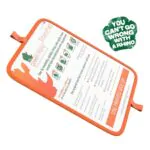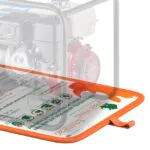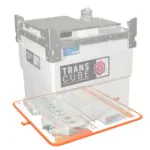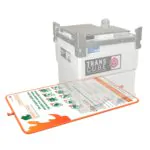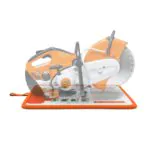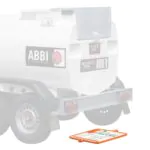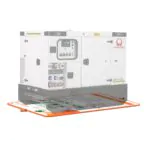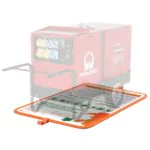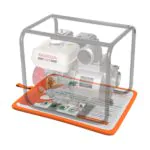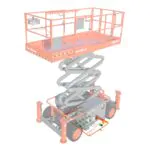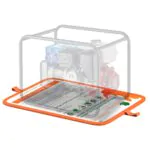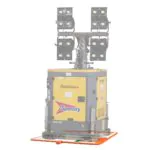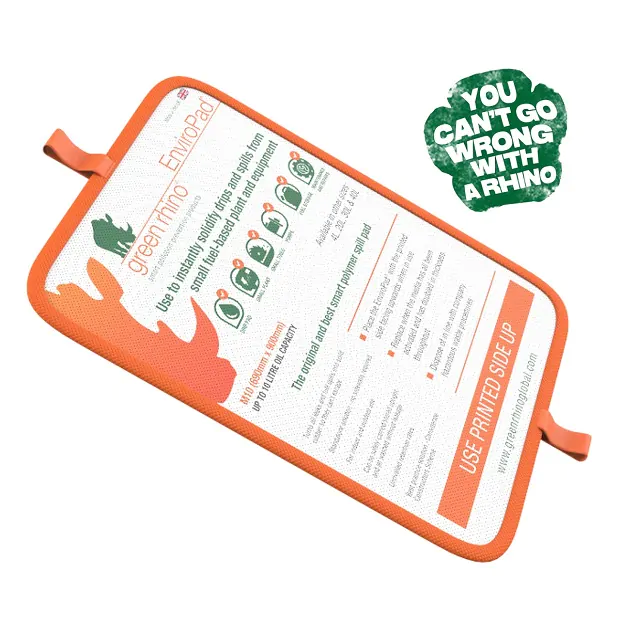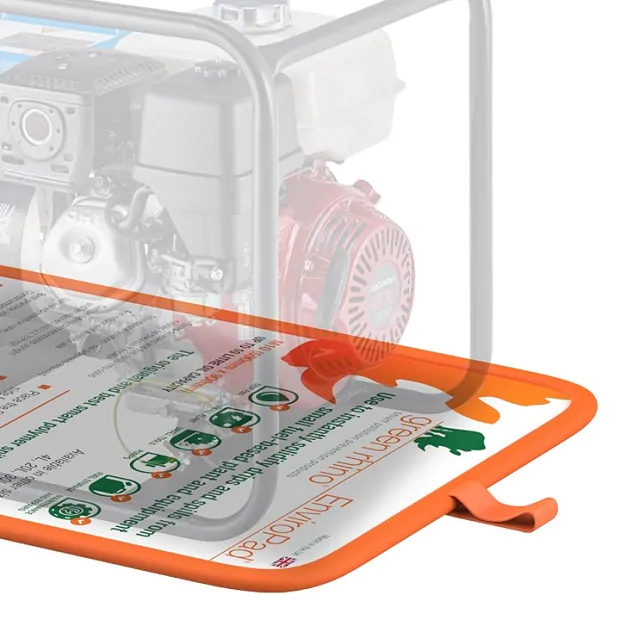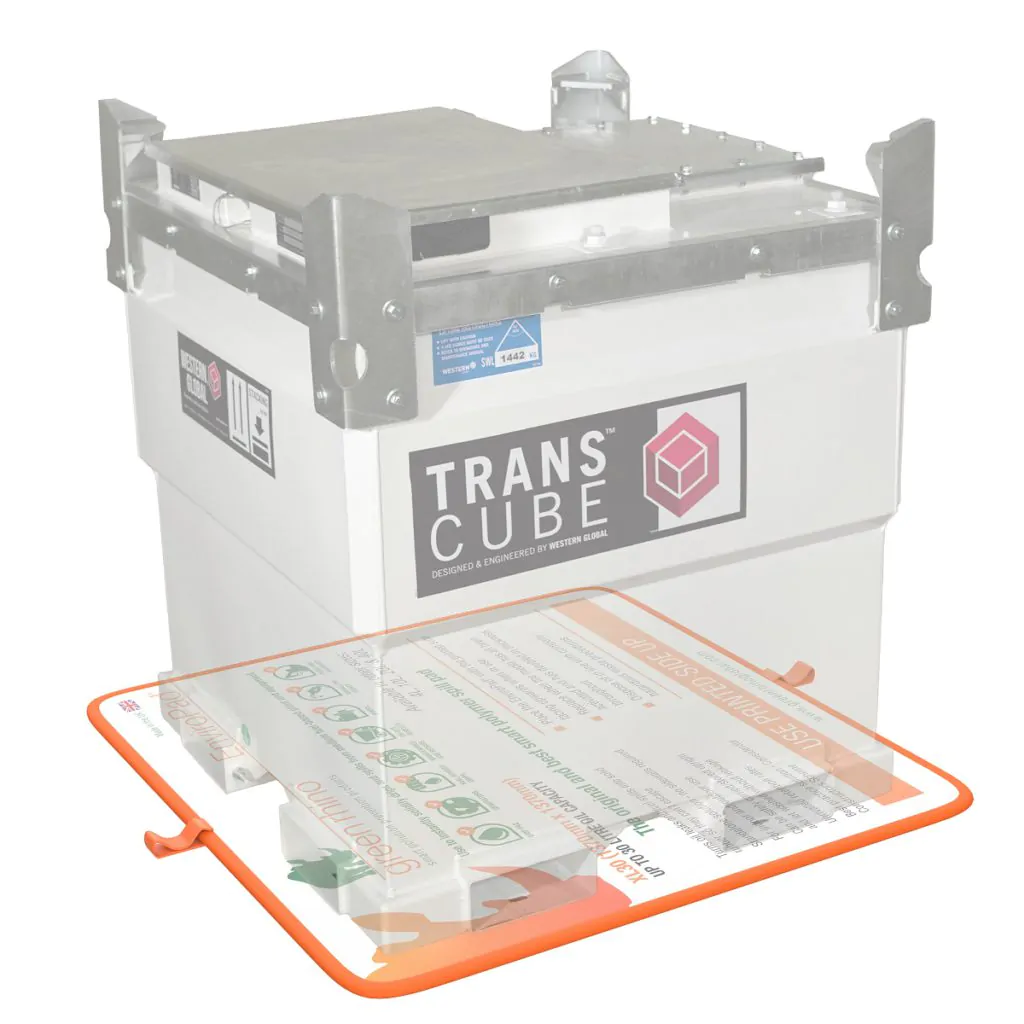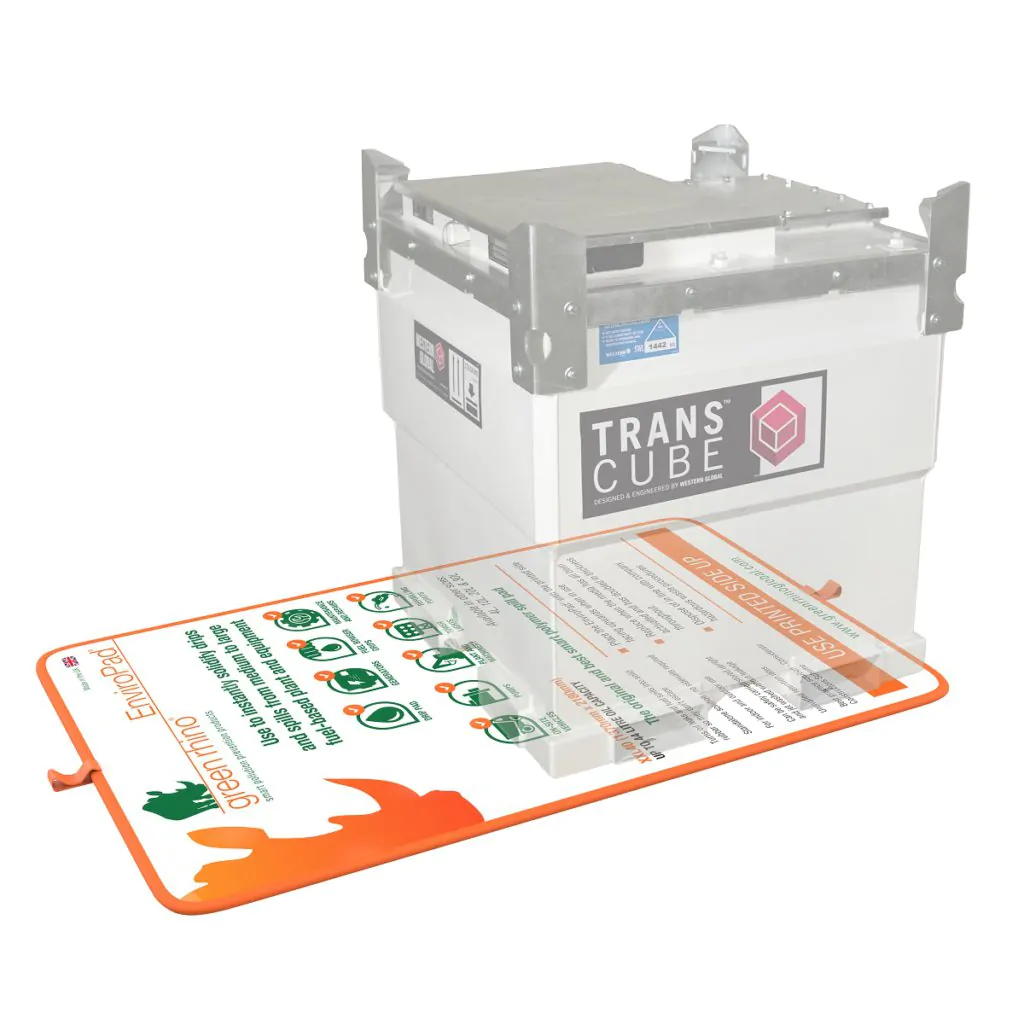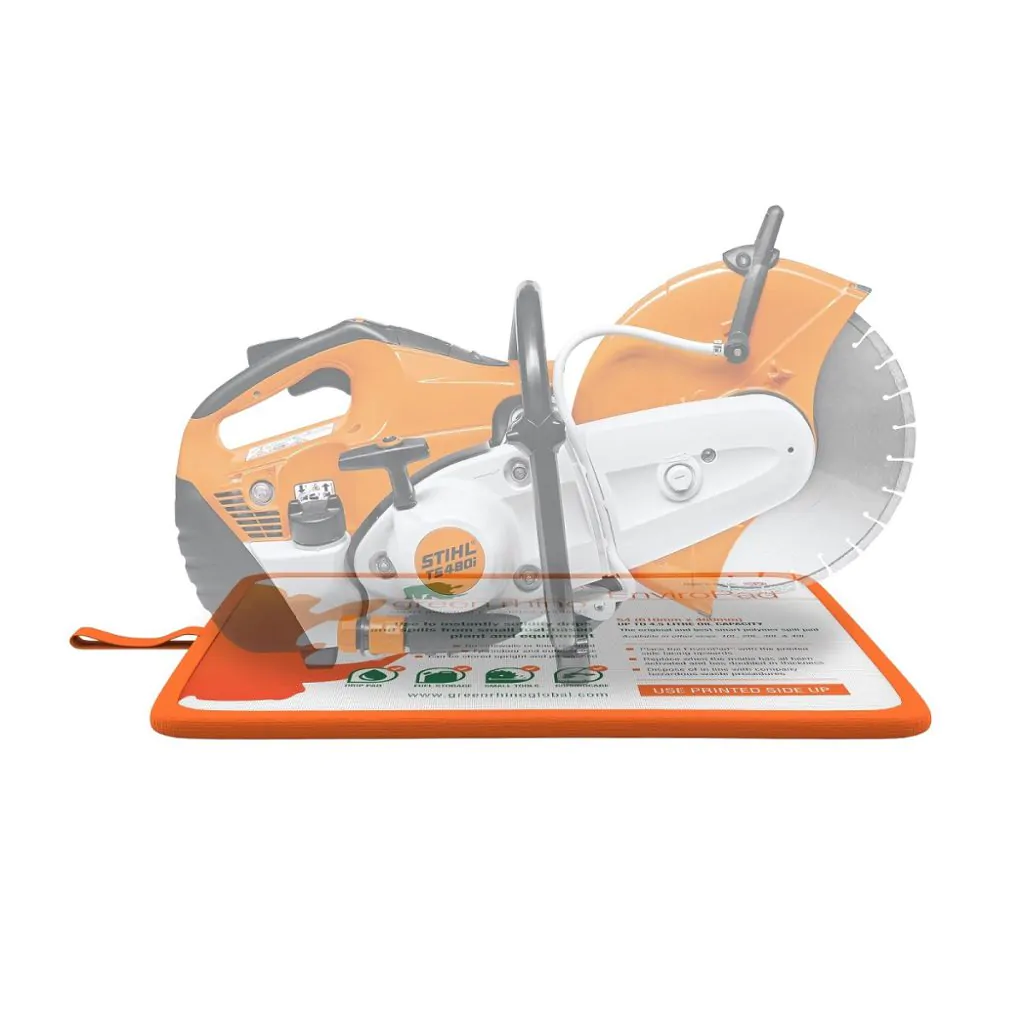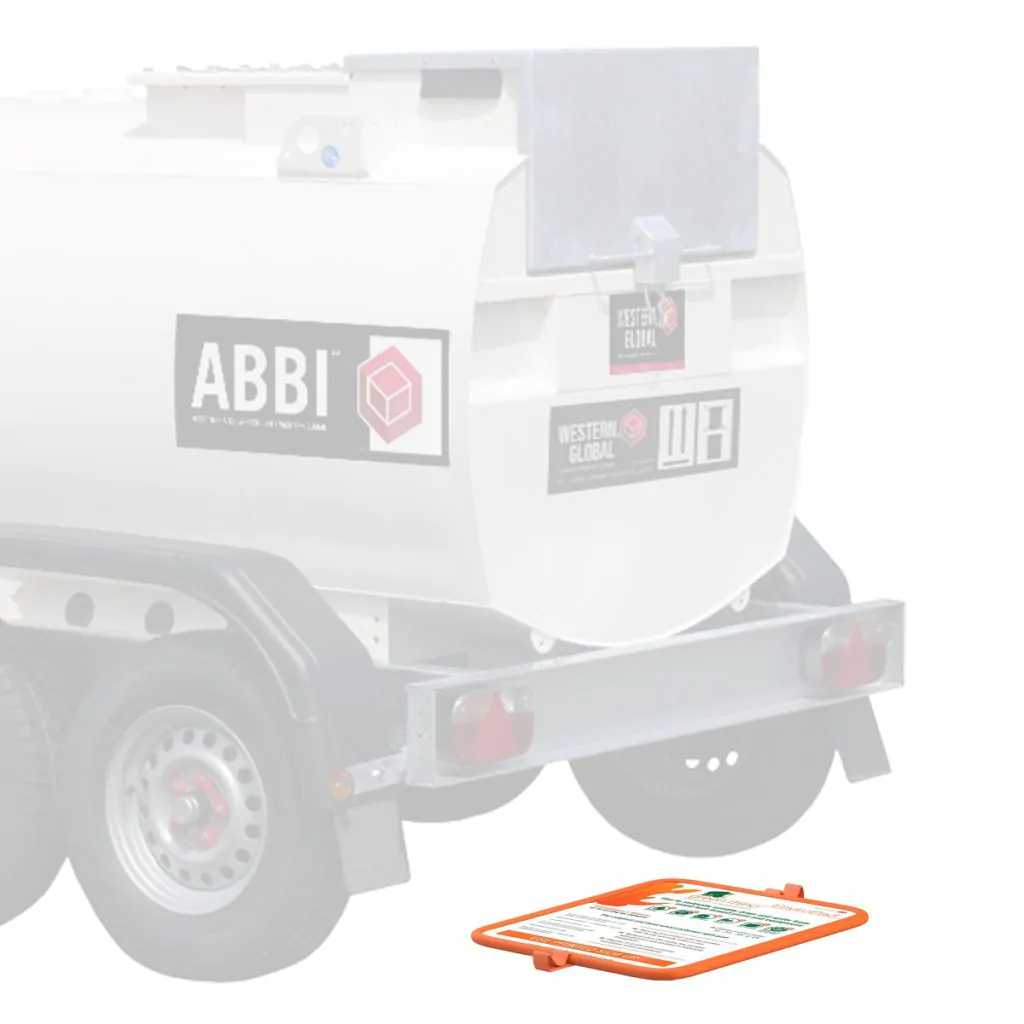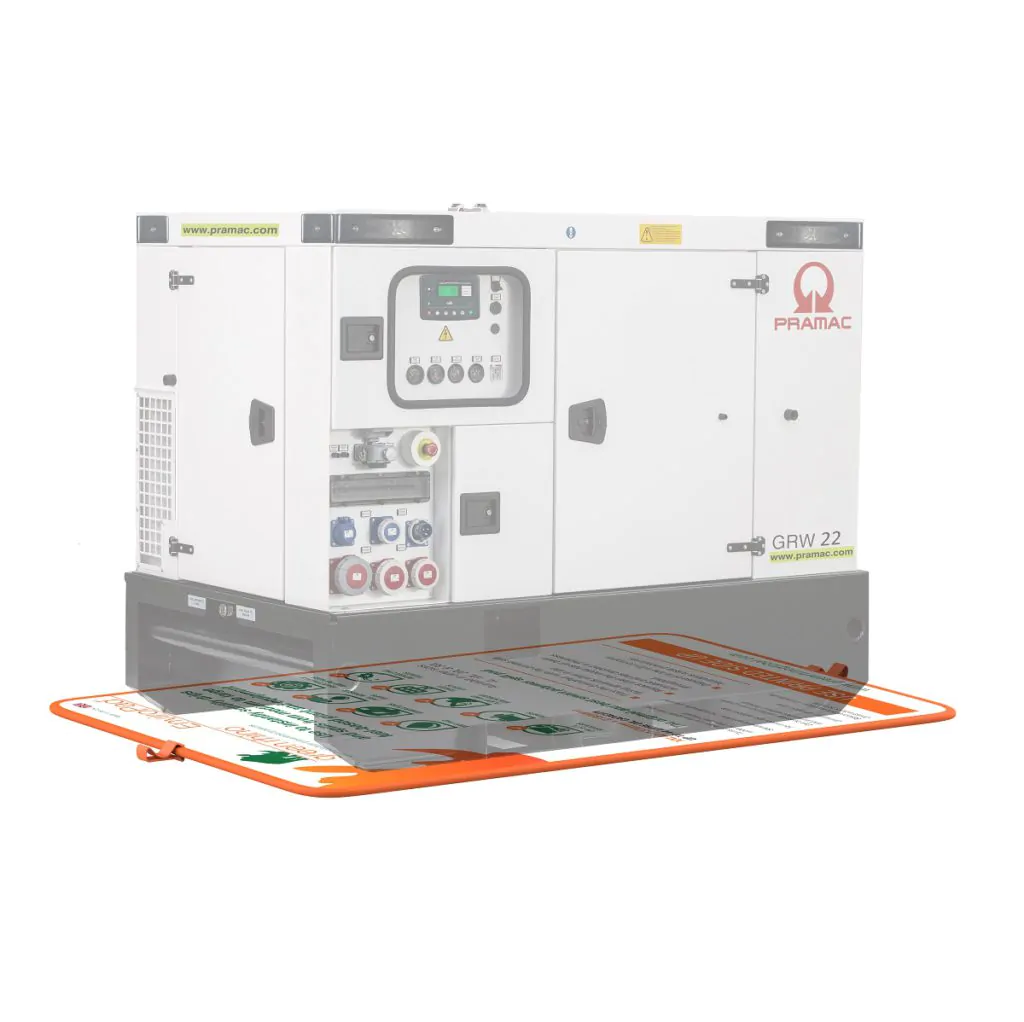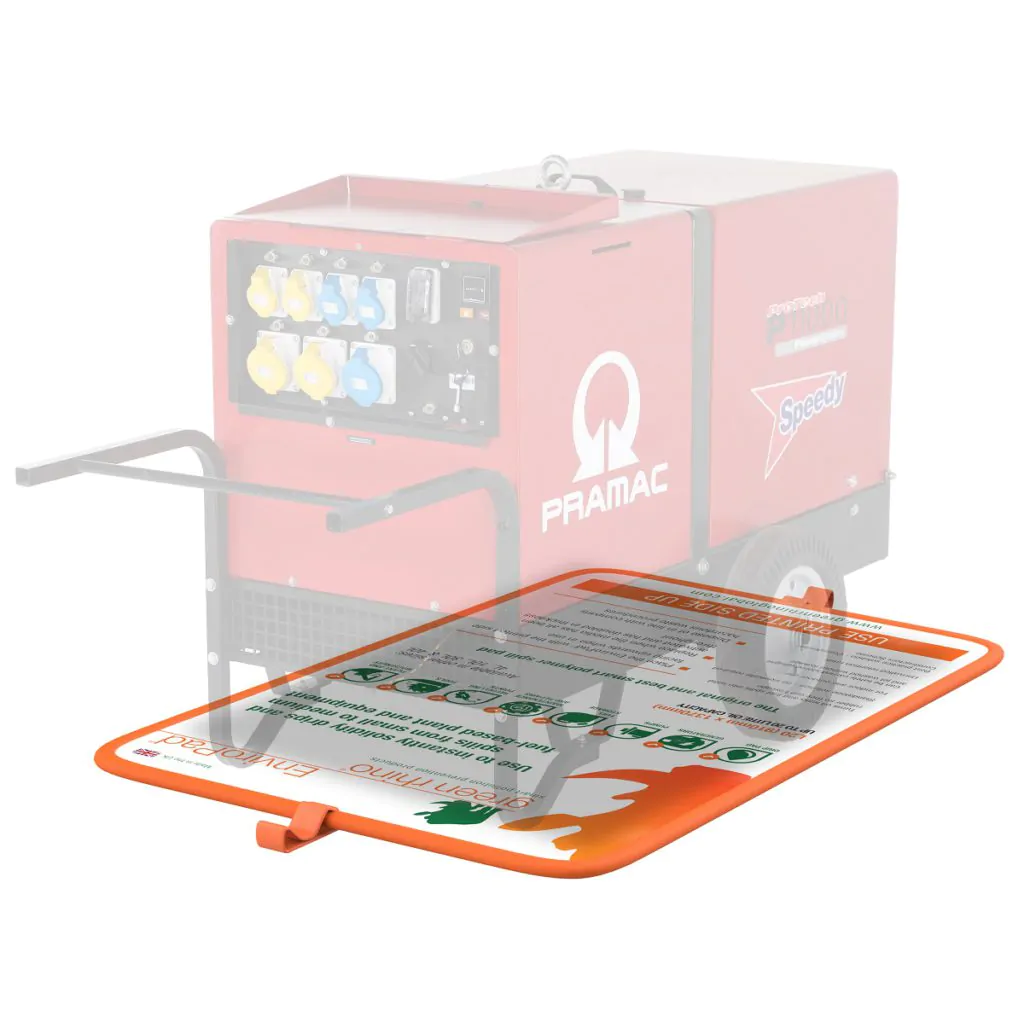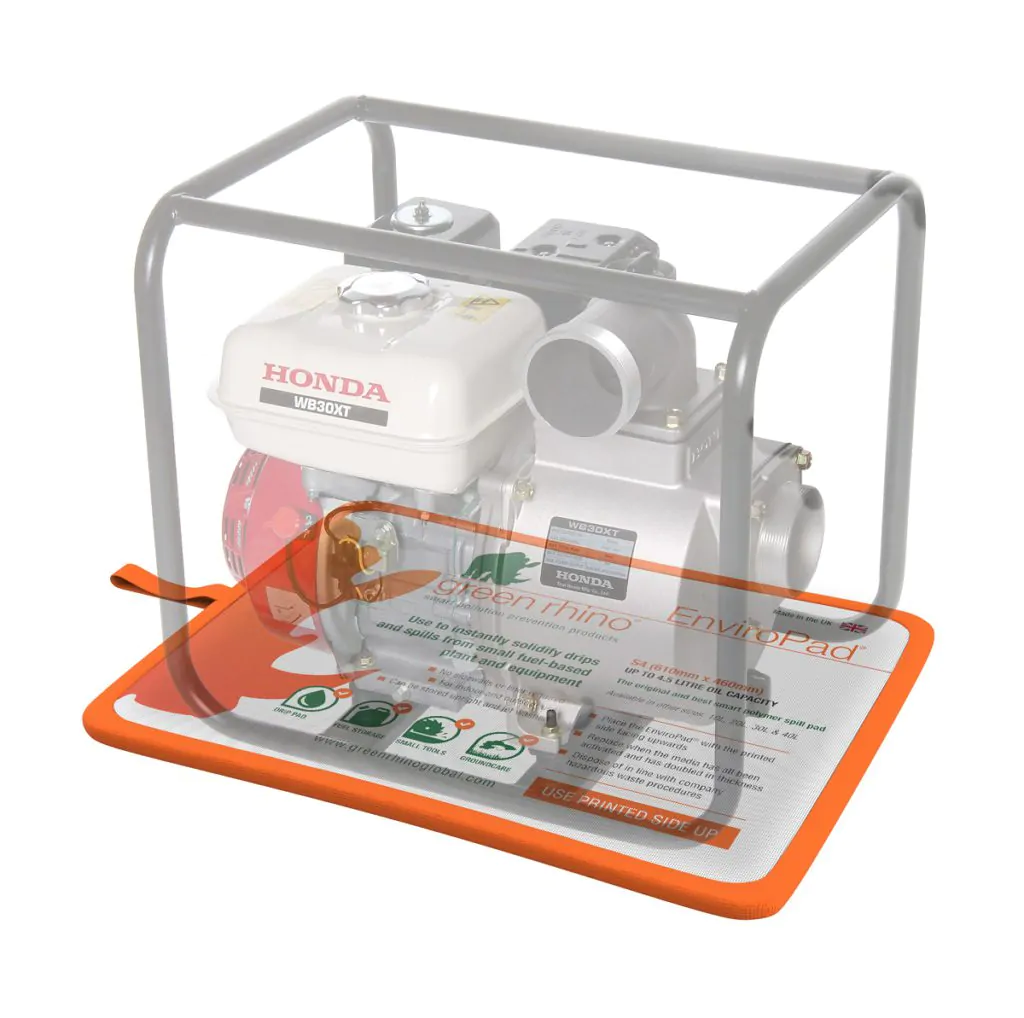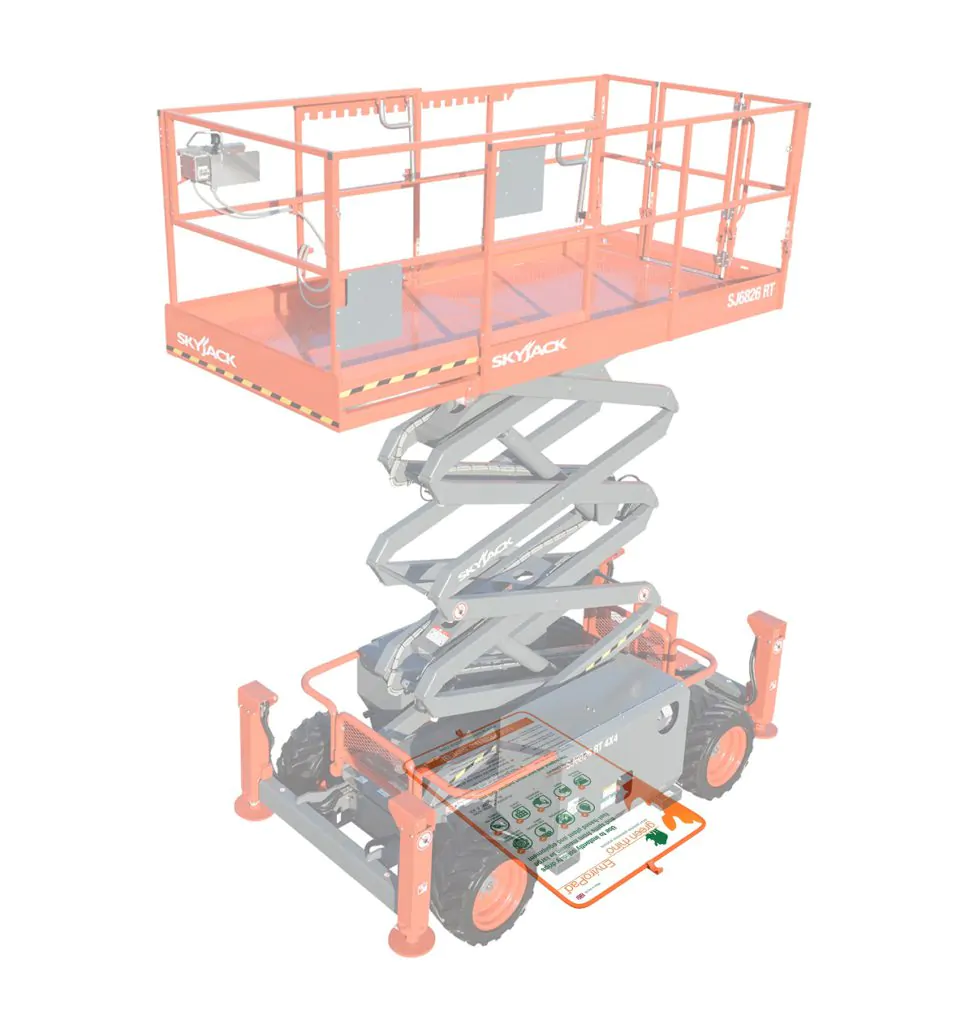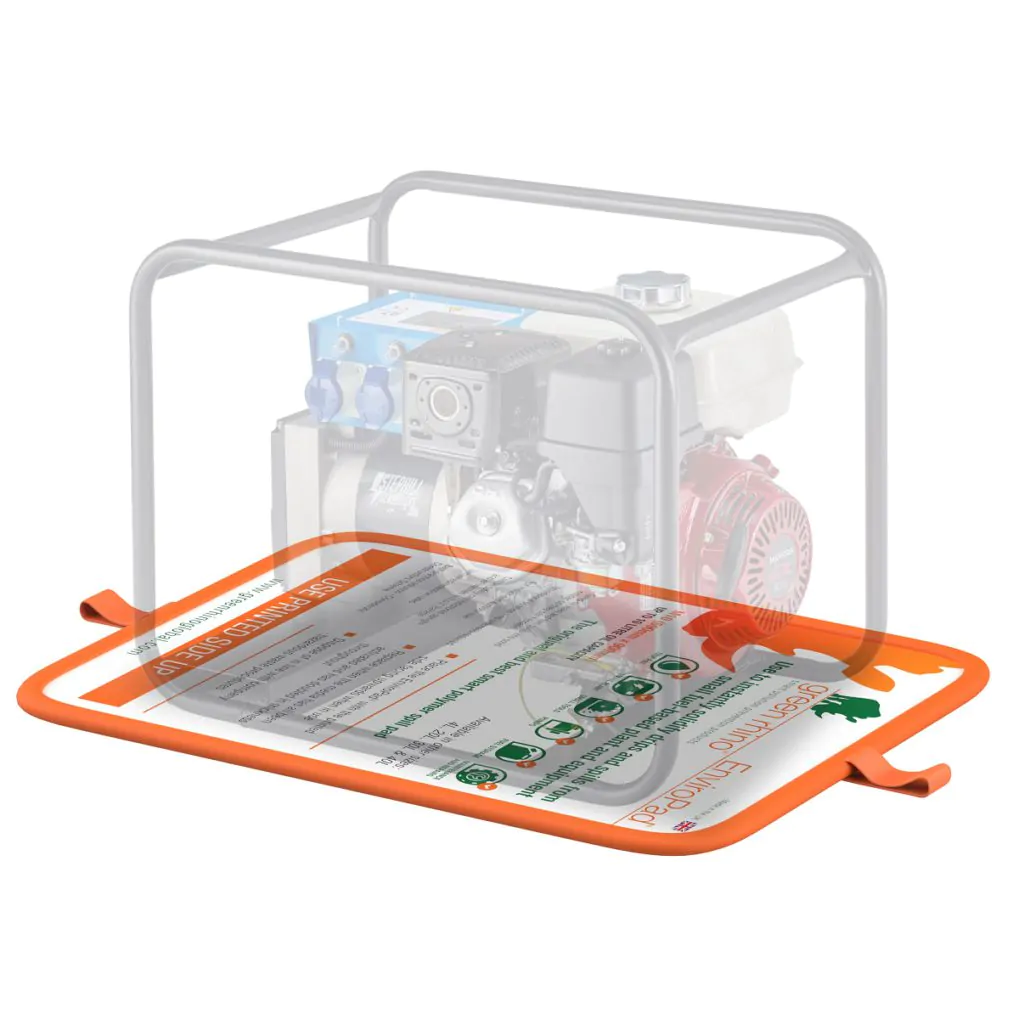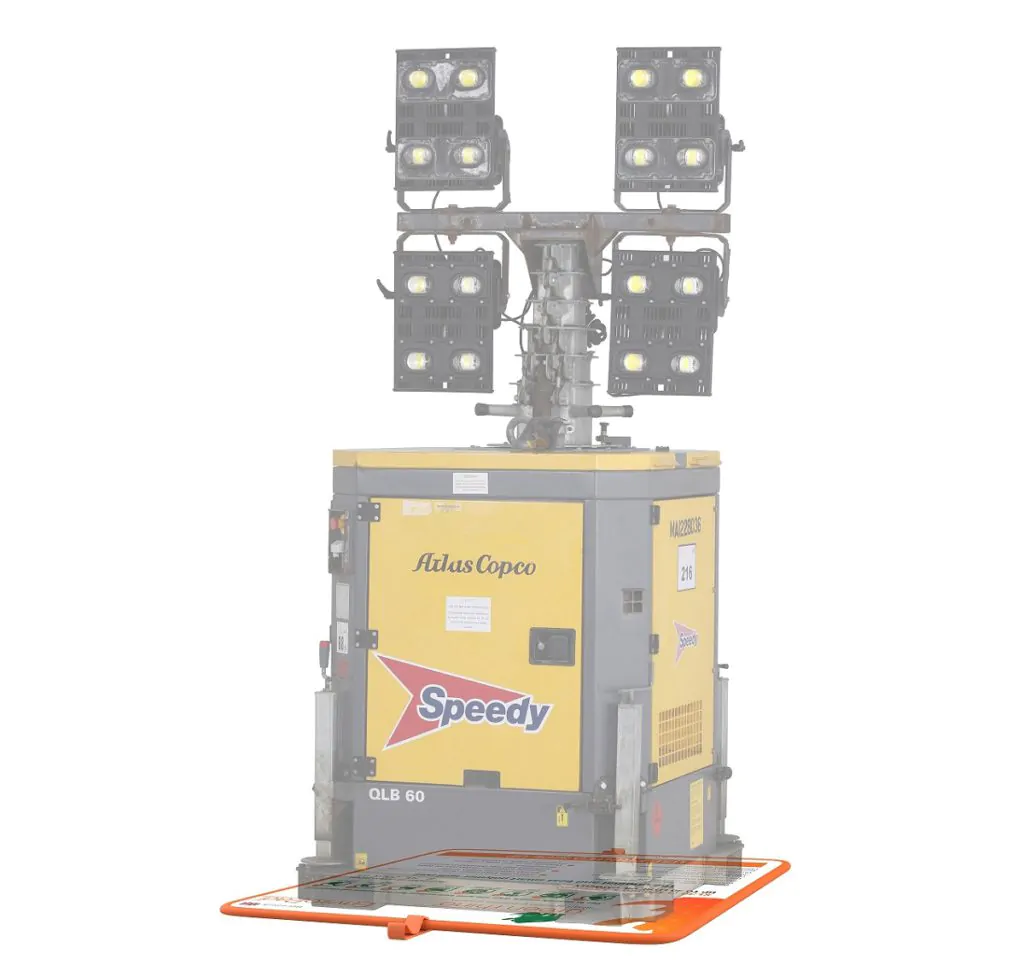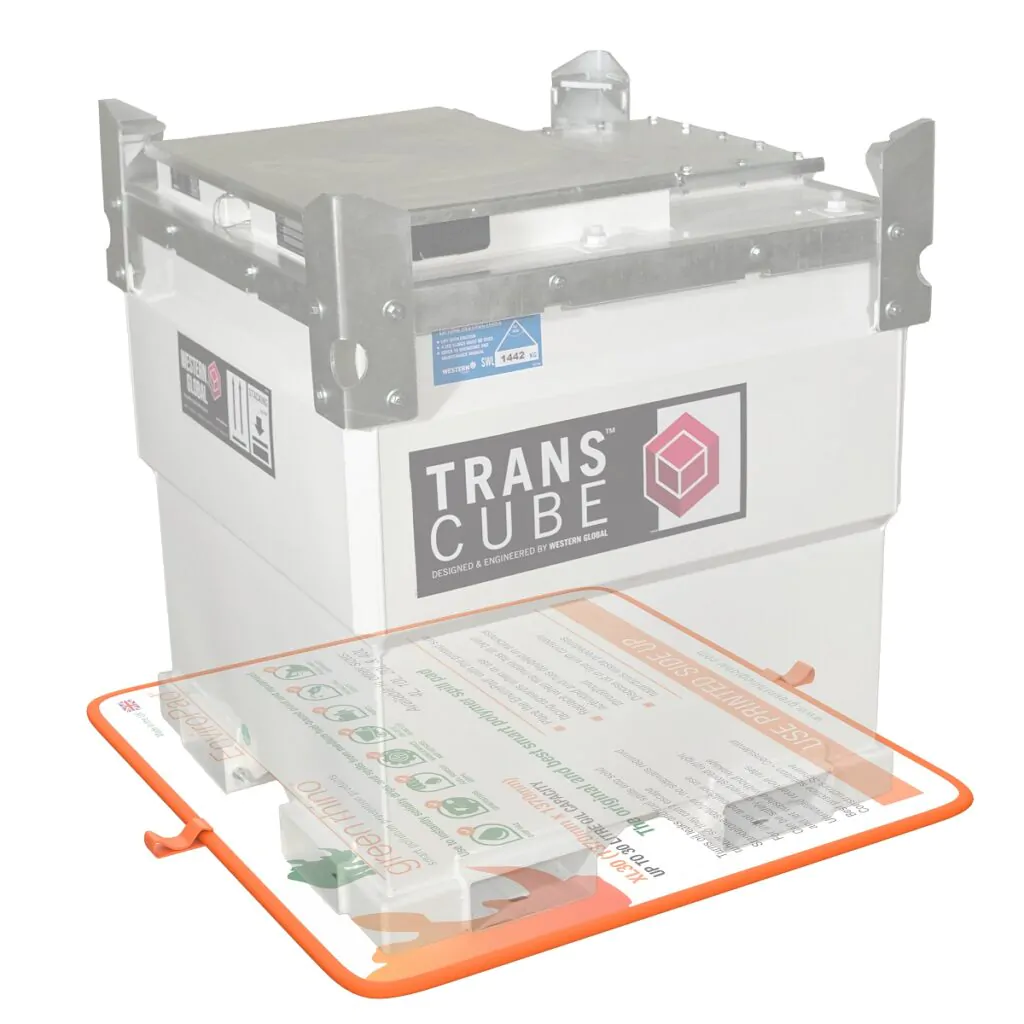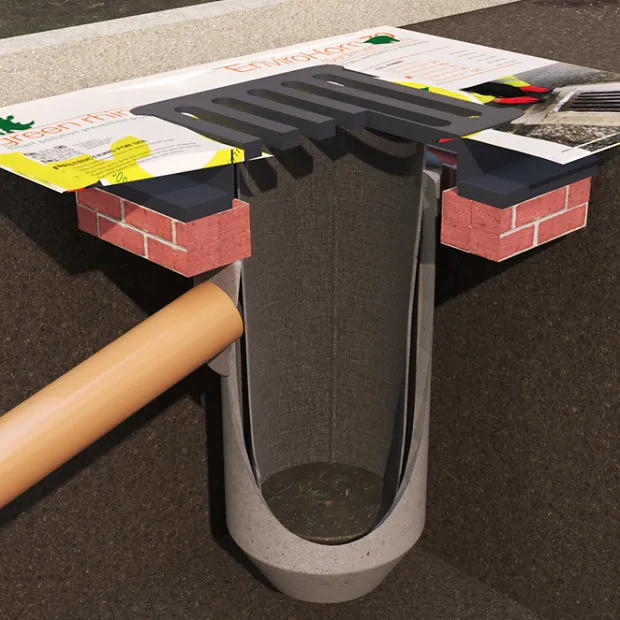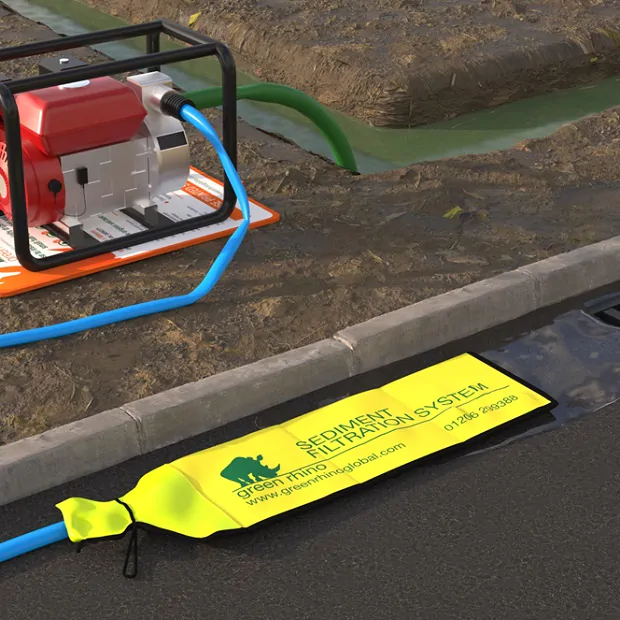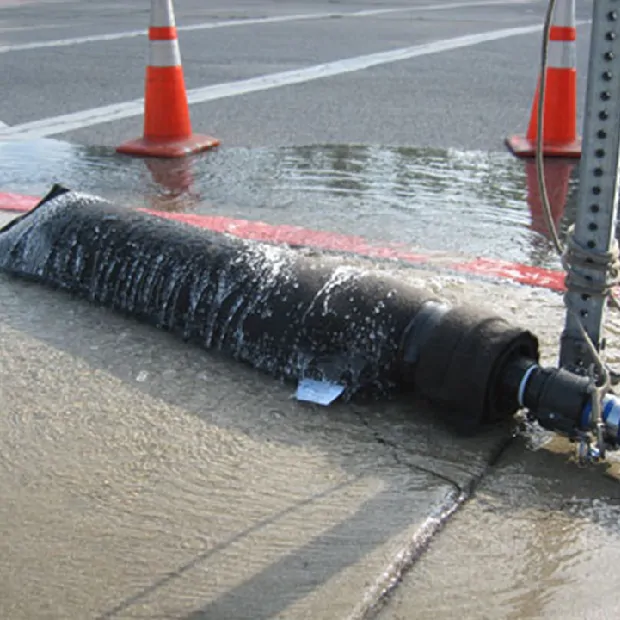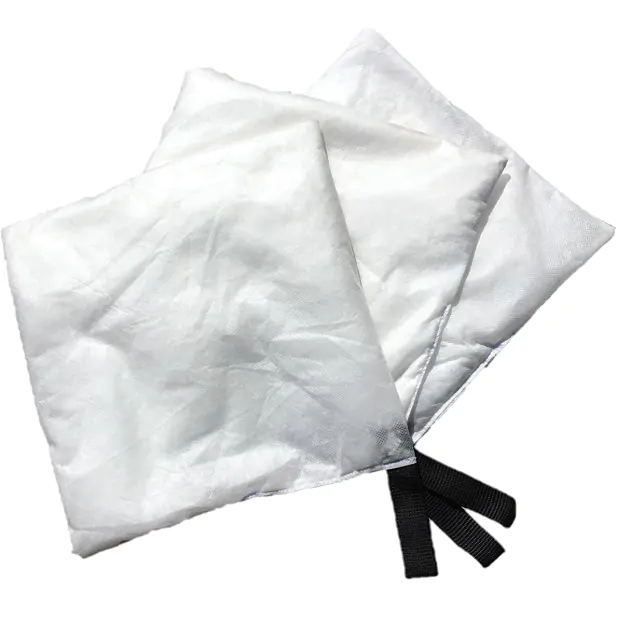What are spill pads used for?
Oil spill mats like EnviroPad are used to capture oil leaks and refuelling spills when using motor-driven equipment like disc cutters, generators, pumps, tower lights and fuel bowsers. They are a legal requirement under pollution prevention legislation. Failure to implement effective spill control measures can lead to fines, site closures and even prosecution.
How does EnviroPad work?
EnviroPad employs smart polymers which attract hydrocarbons and turn them into a non-leaching solid. The smart polymers do not react with or retain water. The high-quality mesh fabric on top of the EnviroPad wicks hydrocarbons across the surface to areas of unused polymer. This ensures that you get the most out of every EnviroPad before it needs replacing. EnviroPad sheds rainwater without flushing out any of the solidified hydrocarbons. Saturated EnviroPads can be safely hung up to drain. No sidewalls or liner are required.
What makes EnviroPad better than other spill mats, trays and nappies?
Almost all ‘absorbent’ spill control products are made with polypropylene which is a sponge. Great at absorbing liquids; not so good at holding onto them. Hang these products up, carry them across site, put heavy equipment on them, and the absorbed hydrocarbons will drain or squeeze out onto the ground. That’s not what we call pollution prevention.
EnviroPad is unique in that it locks hydrocarbon spills inside the pad permanently. It does this by turning oils and fuels into solid rubber. So when we make claims about the capacity of EnviroPad, you can believe it.
Rainwater can collect in spill trays which will mix with the captured hydrocarbons to create a volume of contaminated water. One of two things happens next. In most cases, the products are left to overflow or site workers tip the contents onto the ground. So you are not preventing pollution, you are just delaying it. If this happens on your site, you are wasting your money.
What should happen is that you dispose of this waste water responsibly by transferring it to a hazardous waste bin for collection by a third party waste contractor. This rarely happens because of the impracticality of moving a flooded spill tray or nappy without spilling the contents on the ground. But if you did, then you are paying to dispose of litres of contaminated water every time it rains. If this happens on your site, you are wasting your money.
With EnviroPad there is no waste water, no negligent behaviour, just no-nonsense pollution prevention. That’s why the UK’s leading construction companies consider it best practice.
What makes EnviroPad so effective?
Green Rhino pioneered the use of smart polymers for spill control. We’ve tried countless methods of manufacture and countless blends of smart polymers. Our patent-pending Neutroilize™ Smart Fabric Technology is the only method that retains hydrocarbons permanently and is unique to EnviroPad.
Which hydrocarbons does EnviroPad work with?
Additionally, our proprietary blend of smart polymers will work with a wide range of workplace hydrocarbons including motor oil, petrol, diesel, hydrotreated vegetable oil (HVO) and hydraulic fluids (including bio). Capacity of each type of fluid varies. Our ‘up to’ capacities refer to petrol and diesel.
How else does EnviroPad save you money?
There are five sizes of EnviroPad compared to the three sizes common to nappy-style products. This means that you can find a size to fit most items of equipment – and you are less likely to have to pay for items larger than you need. This alone can save you £££s over the length of a project.
Site workers prefer EnviroPad
EnviroPad doesn’t fill with oily, muddy water which makes it cleaner and easier to handle. When carried or stored vertically, hydrocarbons won’t drain out onto workers clothing, onto the storeroom floor or into the back of a van.
